AR Verbs Worksheet Free Printable
AR Verbs Worksheet Free Printable - A valuable resource for Spanish language learners starting their journey with AR verbs! This free printable worksheet focuses on the subject and verb agreement, helping learners practice conjugating regular AR verbs in the present tense. Whether you are a beginner or simply need some extra practice, this worksheet is perfect for reinforcing your understanding of this essential grammatical concept.
Table of Images 👆
More Other Worksheets
Kindergarten Worksheet My RoomSpanish Verb Worksheets
Cooking Vocabulary Worksheet
DNA Code Worksheet
Meiosis Worksheet Answer Key
Art Handouts and Worksheets
7 Elements of Art Worksheets
All Amendment Worksheet
Symmetry Art Worksheets
Daily Meal Planning Worksheet
What is an AR verb?
An AR verb is a type of verb in Spanish that ends in -ar, such as "hablar" (to speak) or "bailar" (to dance). These verbs are part of the infinitive form before conjugation and are the most common type of verbs in Spanish.
How do you conjugate AR verbs in the present tense?
To conjugate AR verbs in the present tense in Spanish, remove the AR ending from the verb (for example, "hablar" becomes "habl-") and add the corresponding endings for each subject pronoun: -o for "yo," -as for "tú," -a for "él/ella/usted," -amos for "nosotros," -áis for "vosotros," and -an for "ellos/ellas/ustedes." For example, "hablar" would be conjugated as "hablo" for "yo," "hablas" for "tú," "habla" for "él/ella/usted," "hablamos" for "nosotros," "habláis" for "vosotros," and "hablan" for "ellos/ellas/ustedes.
Give an example of an AR verb in the present tense.
An example of an AR verb in the present tense is "hablar," which means "to speak" in Spanish. In the present tense, it conjugates as "yo hablo" (I speak), "tú hablas" (you speak), "él/ella habla" (he/she speaks), "nosotros/nosotras hablamos" (we speak), "vosotros/vosotras habláis" (you all speak), and "ellos/ellas hablan" (they speak).
How do you conjugate AR verbs in the past tense?
To conjugate AR verbs in the past tense in Spanish, you typically add the endings -é, -aste, -ó, -amos, -asteis, or -aron to the stem of the verb. For example, for the verb "hablar" (to speak), you would conjugate it as "hablé" (I spoke), "hablaste" (you spoke), "habló" (he/she spoke), "hablamos" (we spoke), "hablasteis" (you all spoke), "hablaron" (they spoke).
Give an example of an AR verb in the past tense.
An example of an AR verb in the past tense is "hablar," which means "to speak" or "to talk." In the past tense, "hablar" would be conjugated as "hablé" for the first-person singular form (I spoke).
How do you conjugate AR verbs in the future tense?
To conjugate AR verbs in the future tense in Spanish, you simply remove the infinitive ending "-ar" and add the following endings: -é for yo, -ás for tú, -á for él/ella/usted, -emos for nosotros/nosotras, -éis for vosotros/vosotras, and -án for ellos/ellas/ustedes. For example, the verb "hablar" (to speak) would be conjugated as: hablaré, hablarás, hablará, hablaremos, hablaréis, hablarán.
Give an example of an AR verb in the future tense.
Sure, an example of an AR verb in the future tense would be "hablaré," which means "I will talk.
How do you conjugate AR verbs in the conditional tense?
To conjugate AR verbs in the conditional tense in Spanish, you simply add the conditional endings to the infinitive form of the verb. For AR verbs, the conditional endings are -ía, -ías, -ía, -íamos, -íais, -ían. For example, the verb "hablar" (to speak) would be conjugated as hablaría, hablarías, hablaría, hablaríamos, hablaríais, hablarían in the conditional tense.
Give an example of an AR verb in the conditional tense.
For the AR verb "hablar" (to speak), an example in the conditional tense would be: "hablaría" which means "I would speak.
What is the importance of learning how to conjugate AR verbs?
Learning how to conjugate AR verbs is important because it is a fundamental building block of the Spanish language. Mastering verb conjugation allows you to express different tenses, moods, and voices, which is essential for effective communication in Spanish. By understanding how to conjugate AR verbs, you gain the ability to speak and write in a more precise and accurate manner, helping you convey your thoughts and feelings more clearly to others.
Have something to share?
Who is Worksheeto?
At Worksheeto, we are committed to delivering an extensive and varied portfolio of superior quality worksheets, designed to address the educational demands of students, educators, and parents.

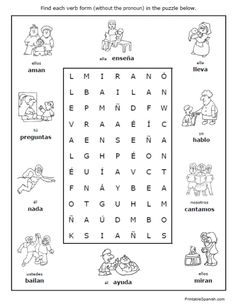



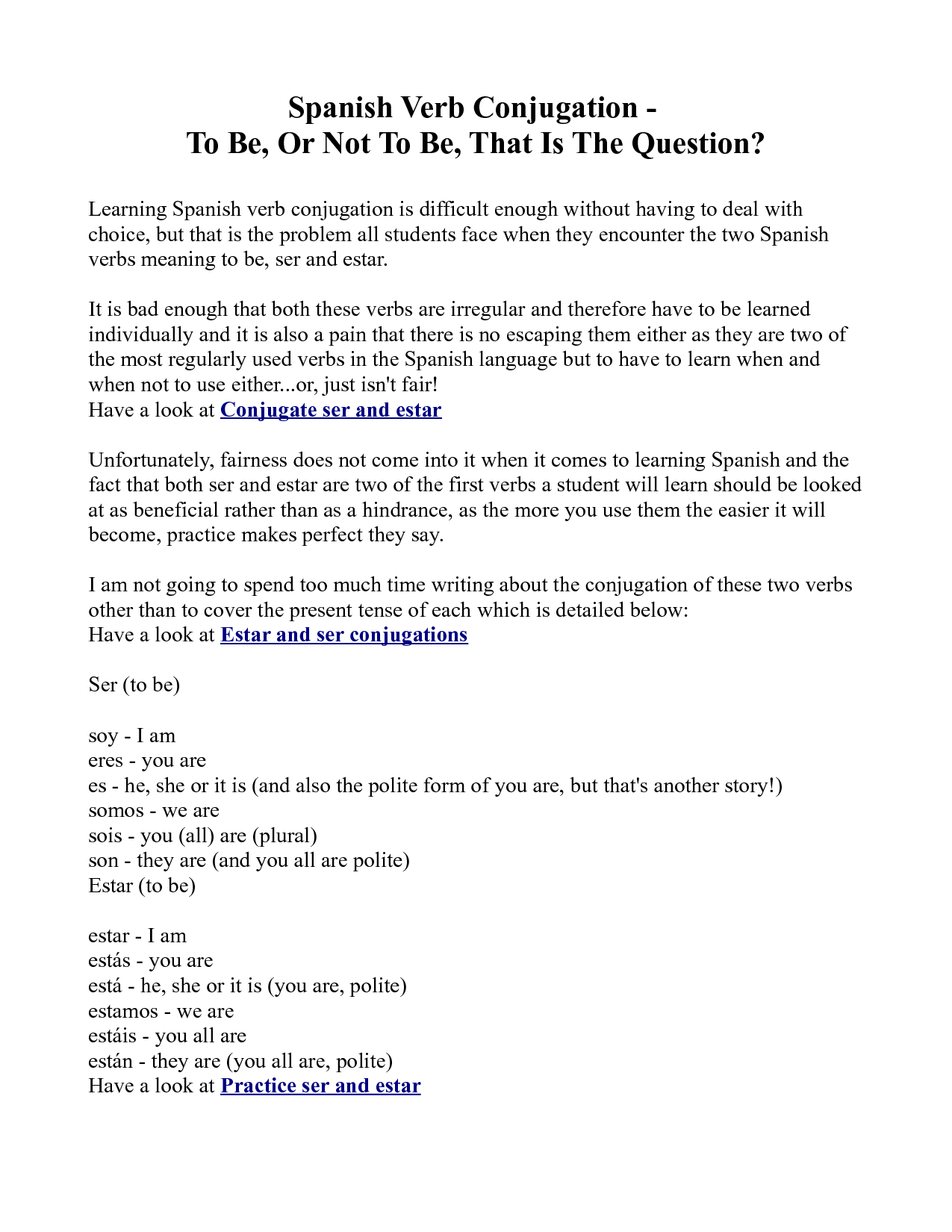
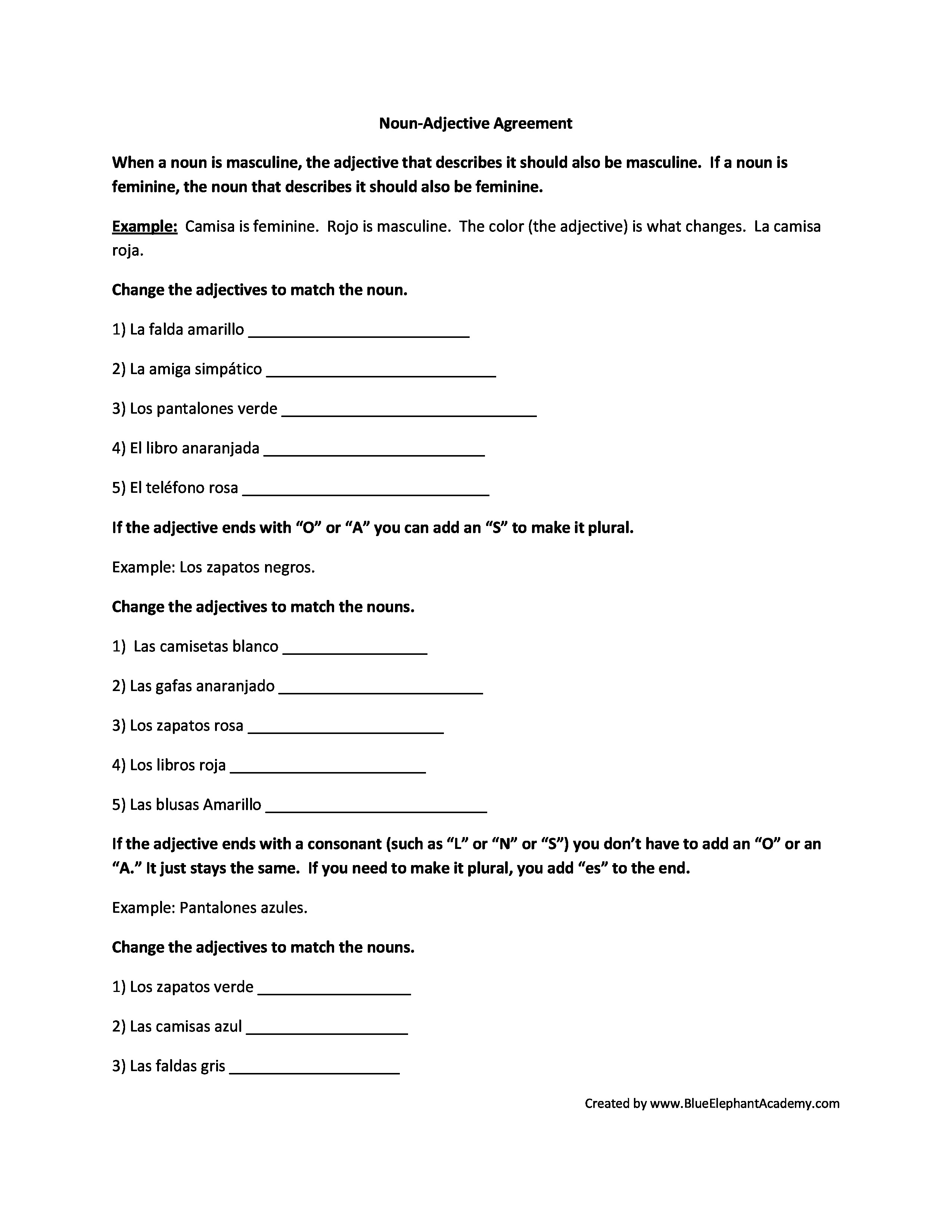
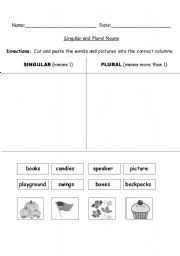
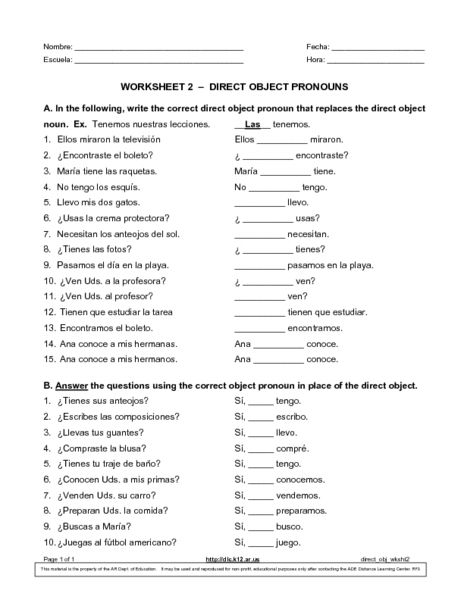















Comments